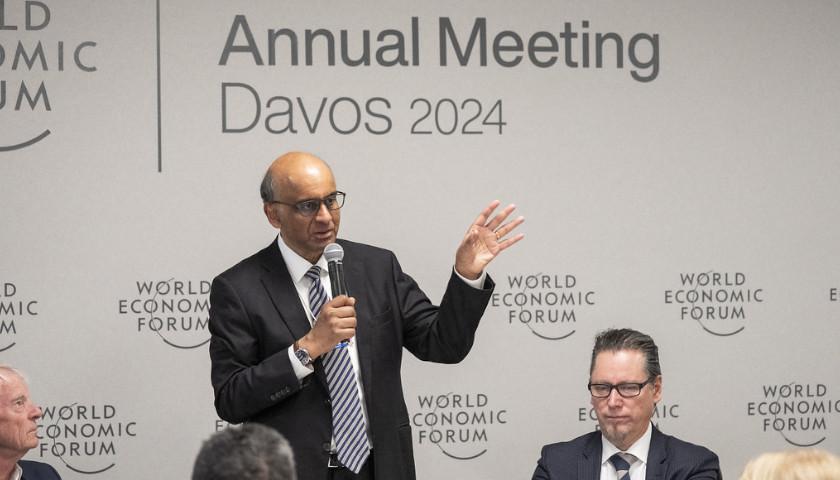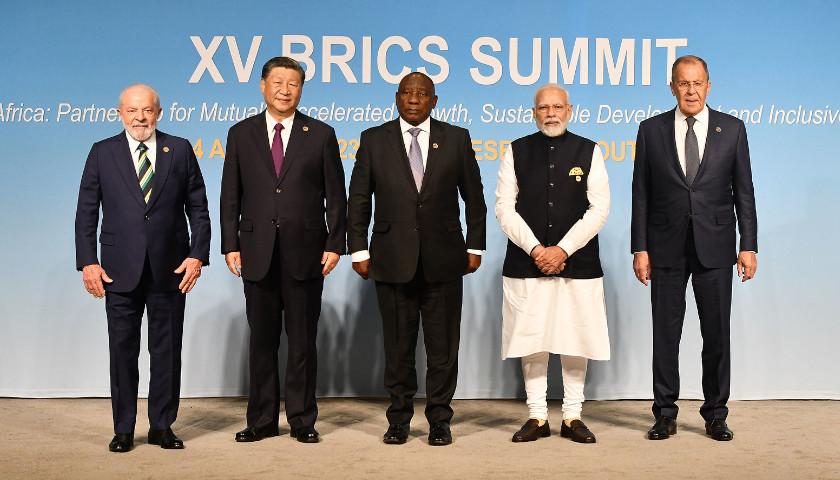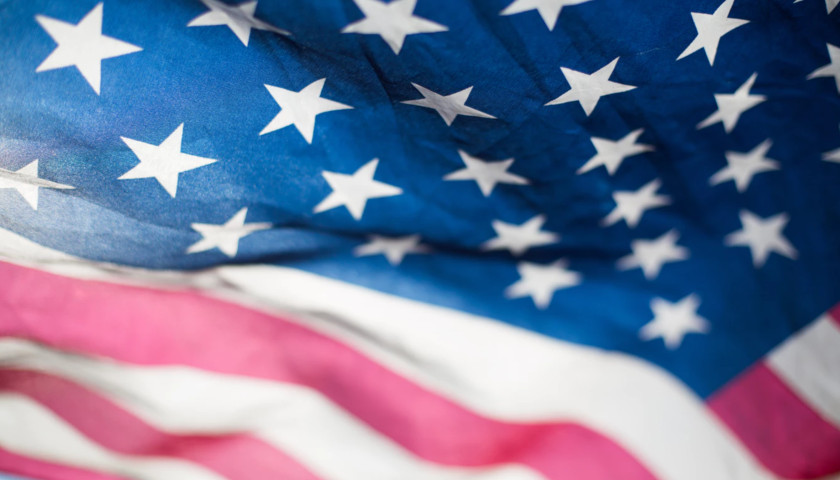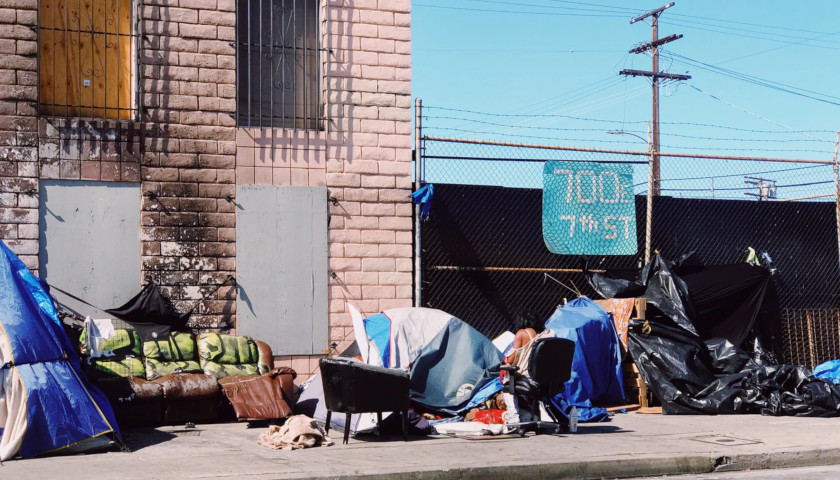The last few months have been interesting. We have started to see some very public disagreements among the world’s ruling classes. The gathering of elites at the World Economic Forum in Davos, Switzerland, has long fascinated observers and become a lightning rod for criticism, becoming a bogeyman of the right, as well as the hardcore, anticapitalist left. It is a front-row seat to the thinking and priorities of the world’s most powerful people.
In Davos, the world’s media, academic, political, and financial elites spend a few days in luxurious surroundings, praising themselves and forming a consensus on solutions to what they deem to be the problems of the world. This includes everything from facilitating mass migration, tackling global warming by moving away from fossil fuel energy, and the need for economic redistribution to the poor and the third world, all through the corporatist idea of “stakeholder capitalism.”
Read the full story




